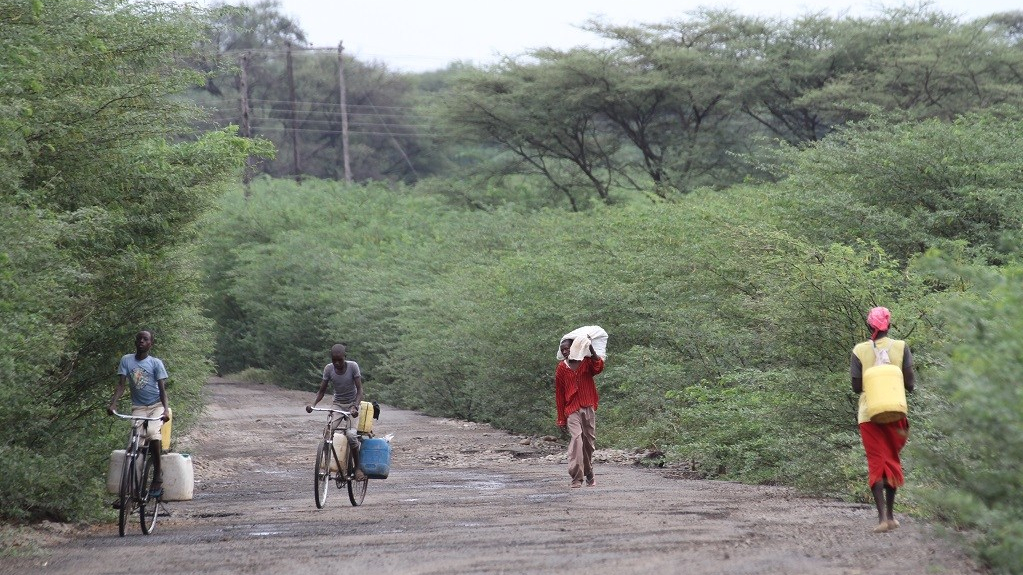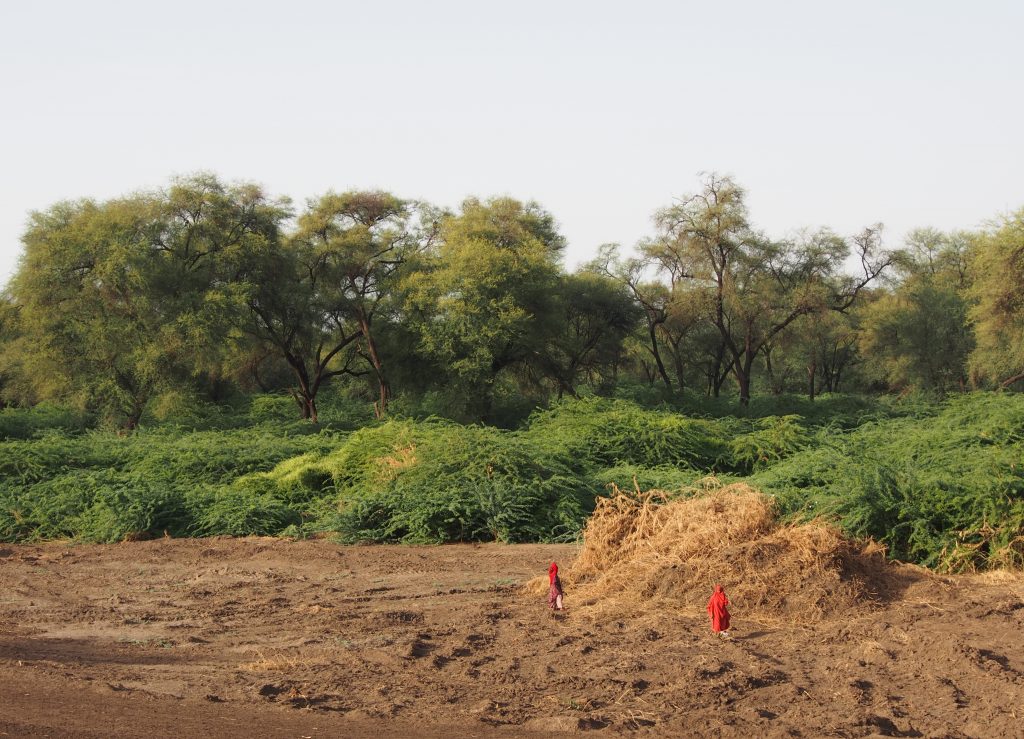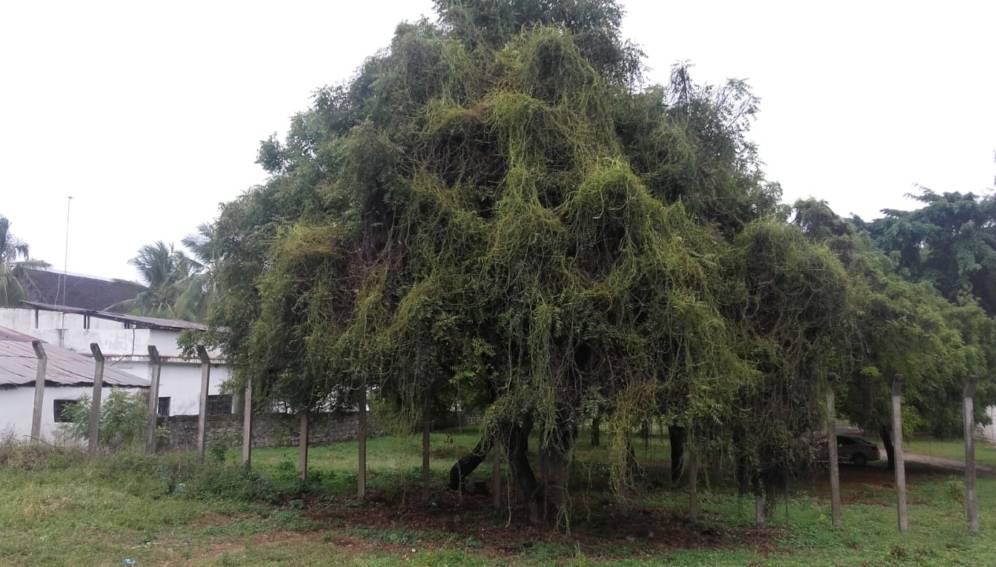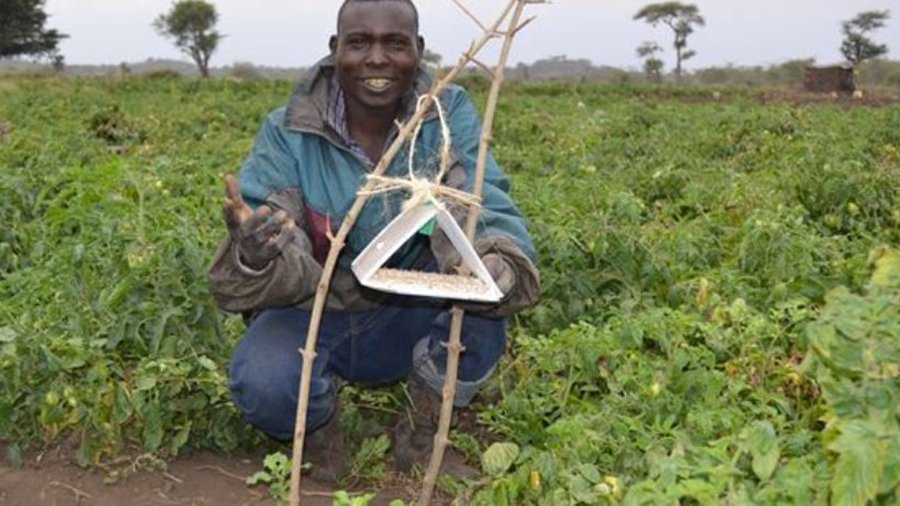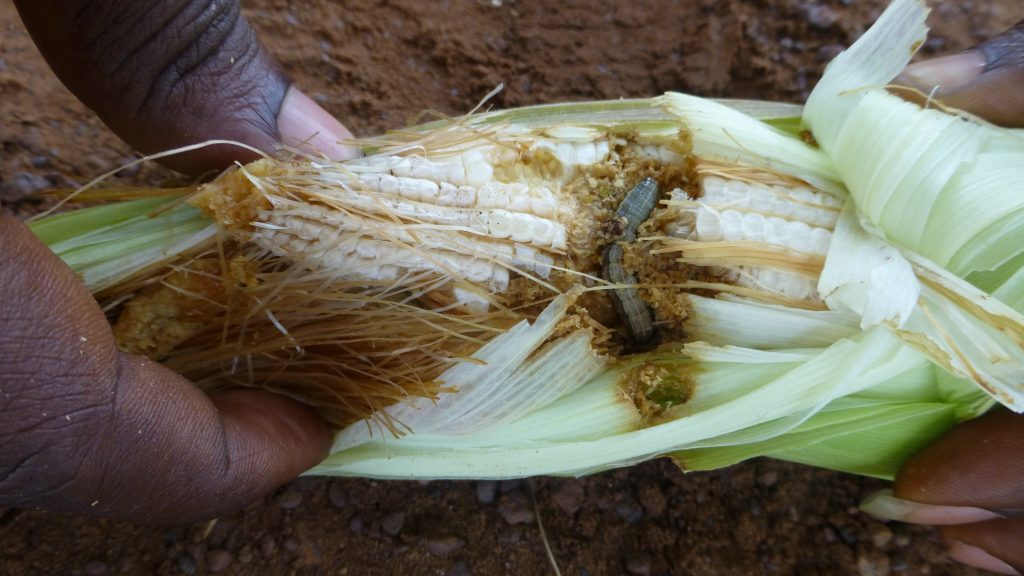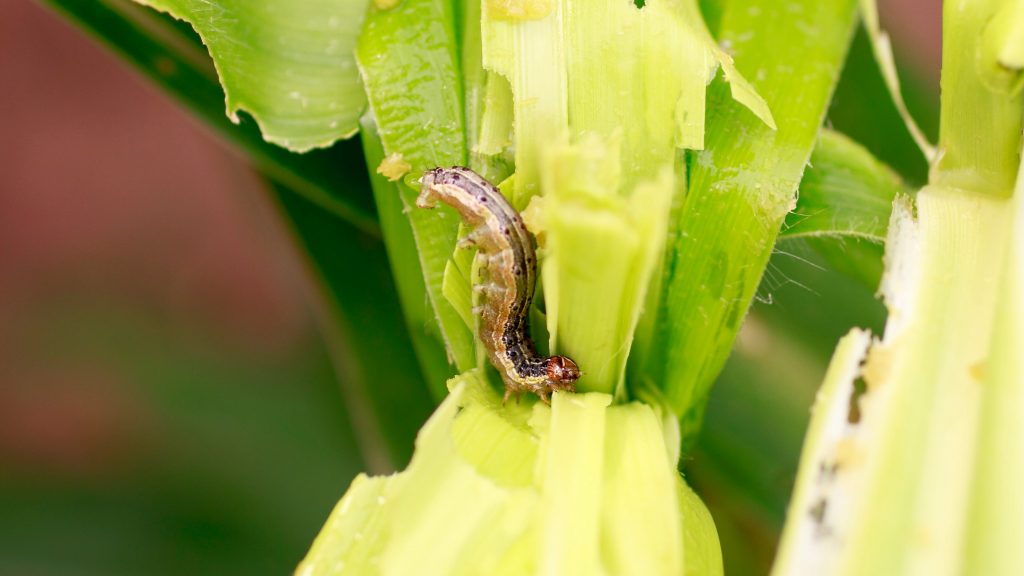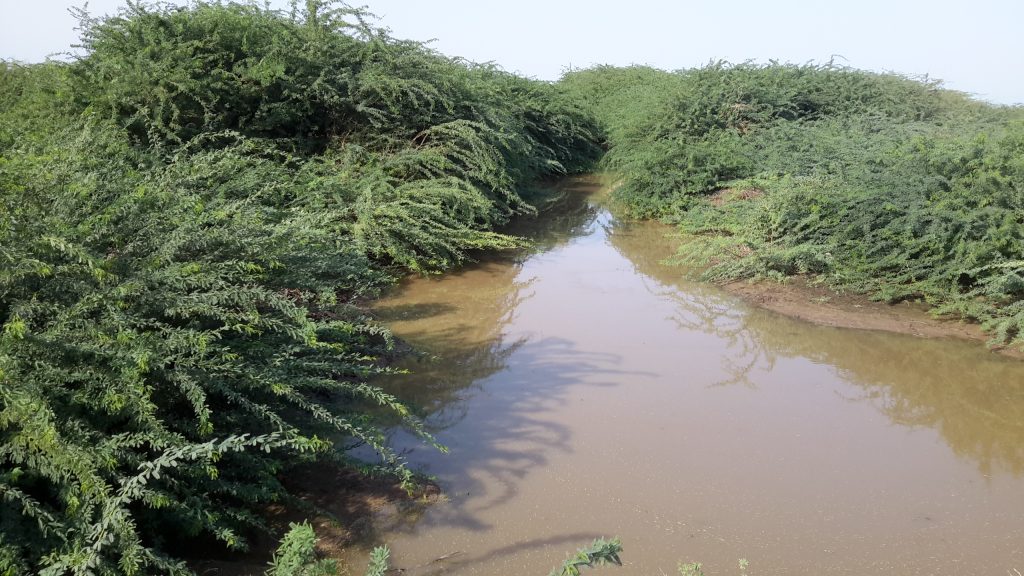Scientists recommend measures to contain rapid woody weed spread in Baringo County, Kenya
A team of international scientists, including CABI’s Dr Urs Schaffner, have recommended ways to manage the devastating spread of the woody weed Prosopis juliflora, where in Baringo County, Kenya, its coverage rapidly increased by 2,031 percent in just 28 years. PhD student Purity Rima Mbaabu, affiliated to the University of Nairobi and co-supervised by Simon…
Invasive species are Australia’s number-one extinction threat
By Andy Sheppard and Linda Broadhurst. Originally published on The Conversation. This week many people across the world stopped and stared as extreme headlines announced that one eighth of the world’s species – more than a million – are threatened with extinction. According to the UN report from the Intergovernmental Science-Policy Platform for Biodiversity and Ecosystem Services…
CABI publishes recommendations to fight scourge of parthenium weed in Central West Asia
CABI has published a new evidence note highlighting a list of recommendations to fight the highly-invasive parthenium weed which can have significant impacts on human health, the environment, livestock production and health and crop yields. The report ‘Parthenium: Impacts and coping strategies in Central West Asia’, states that the aggressively-spreading weed, now classified as a ‘superior…
New study reveals the massive ecological and economic impacts of woody weed invasion in Ethiopia
CABI scientists have revealed the massive ecological and economic impacts that the invasive alien tree Prosopis juliflora has had across the Afar Region of north eastern Ethiopia. Dr Urs Schaffner, who is supervising lead author Mr Hailu Shiferaw for his PhD studies, contributed to the Science of The Total Environment published research which shows that the…
Invasive weed could cut crop yields by 30 per cent
By Nicholas Okeya. Originally published on SciDev.Net. A dangerous invasive alien weed known as field dodder could be a serious menace to agriculture and biodiversity across Sub-Saharan Africa, and reduce crop yields, scientists say.
CABI-led study recommends improvements to how impacts of Non-Native Species are assessed
CABI has led an international team of Non-Native Species (NNS) specialists who have compiled a list of recommendations to improve the way in which the impact of a range of invasive pests – such as the tomato leaf miner Tuta absoluta – are assessed, potentially helping towards ensuring greater global food security.
Asia on alert as highly destructive fall armyworm spreads
By Trudy Harris. Originally published on SciDev.Net. Farmers and authorities throughout Asia need to be vigilant against fall armyworm invasions, after confirmation that the fast-moving pest has spread from India to China and now to South-East Asia, agricultural experts say.
Fall Armyworm attack: ‘Eastern India more vulnerable to infestation’
Originally published on DownToEarth Warmer temperatures increase the metabolism and reproductive rates of the pest Fall Armyworm was first reported in July 2018 in Karnataka. Ever since, it has spread to its neighbouring states. Reports are now coming from West Bengal and Bihar as well. The initial damages are widespread as the pest is a…
CABI helps map ferocious speed and likely cause of woody weed spread across Ethiopia
CABI scientists have helped map the ferocious speed and probable cause of a devastating spread of the invasive alien tree Prosopis juliflora (Swartz DC) across an area equivalent to half of neighbouring Djibouti in the Afar Region of north eastern Ethiopia. Dr Urs Schaffner, who is supervising lead author Hailu Shiferaw for his PhD studies,…

